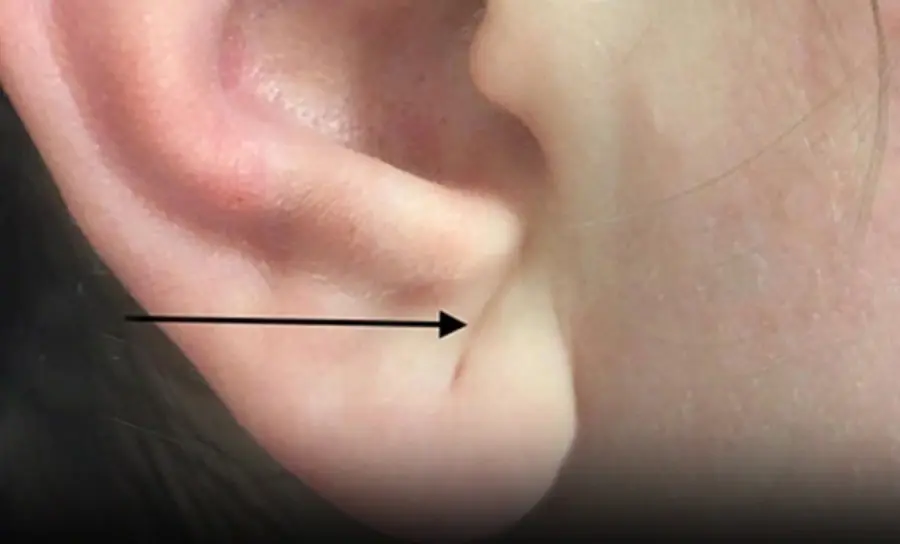
A creature in Africa is mutating into a new species
Genetic surveys related to the strange orange-colored crocodiles suggest they may be evolving into a new species.
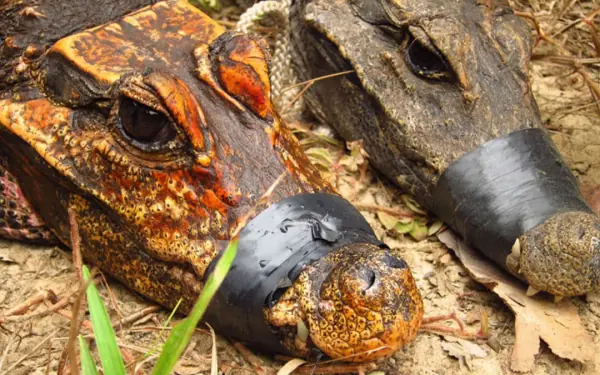
According to Live Science, the potential new species lives within the Abanda cave system in Ogooue-Maritime province, Gabon, a country in Central Africa.
These crocodiles, currently classified as the dwarf crocodile Osteolaemus tetraspis, are very different from other individuals of the same species found elsewhere.
The orange-colored dwarf crocodiles in the caves of Gabon may be evolving into a new species, with a distinct appearance compared to the dwarf crocodiles found in the surrounding forests – Image: Olivier Testa
In Abanda, the dwarf crocodiles live in complete darkness, feed on bats, swim in waters filled with bat droppings, and have mysterious orange-colored skin.
It is unknown how many crocodiles live in this cave system or when they began their underground lifestyle, but they may have been there for thousands of years.
A 2016 survey highlighted the differences between cave-dwelling crocodiles and those living in the forest, including different diets and health conditions.
It is believed that the cave crocodiles lay their eggs at the cave entrance, and the hatchlings then venture into the darkness. As adults, they rarely leave the caves.
A survey by conservation biologist Matthew Shirley from Florida International University revealed that the unusual orange skin of the adult cave crocodiles may be the result of prolonged exposure to bat guano-filled water, which is rich in urea.
Over time, this exposure seems to cause the crocodile’s skin to undergo a chemical-like bleaching process.
Genetic analysis of this group of crocodiles revealed the most important finding: They are mutating. More specifically, a group of DNA variants found in the cave-dwelling dwarf crocodiles is not present in those living in the forest.
"The Abanda cave crocodiles stand out as a genetically isolated group," said scientist Richard Oslisly from the Development Survey Institute (France) in an interview with The Guardian.
Therefore, it is believed that centuries of isolation in the caves have stimulated this group of crocodiles to gradually evolve into a new species. However, when they might actually be classified as a new species is still a matter to be observed and researched further.
News in the same category

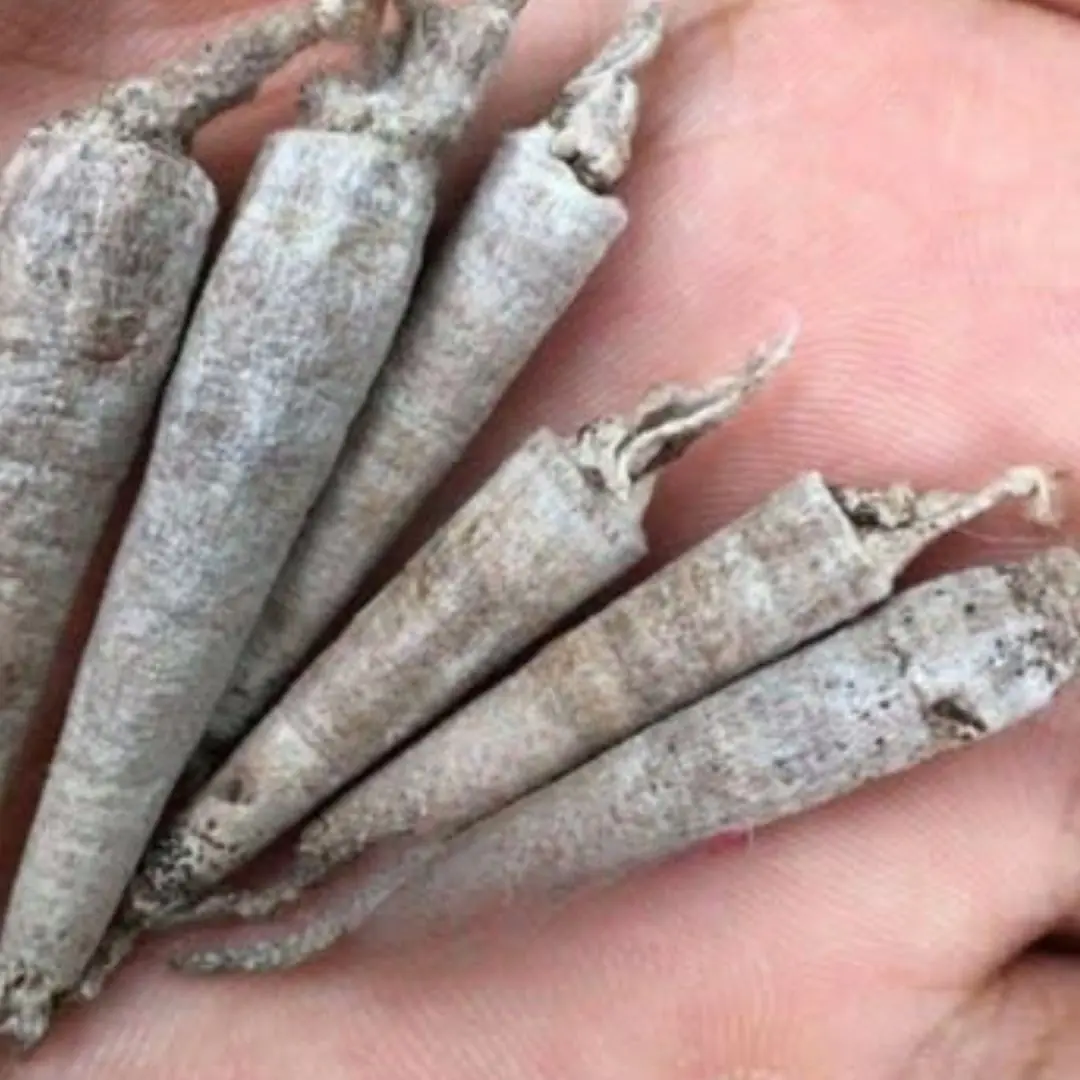
If you know what this is, you had a very wild chilhood
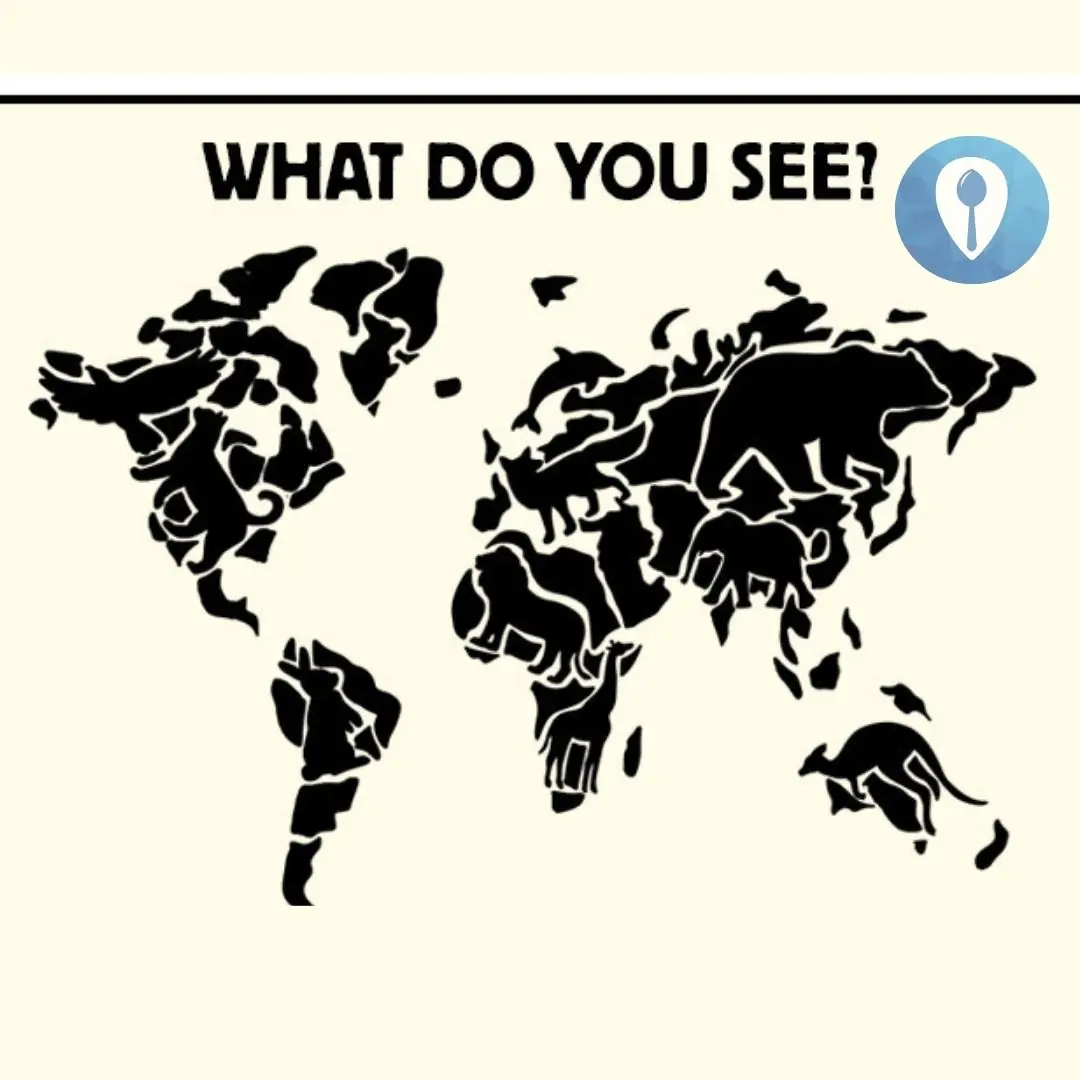
What Animal You See First Will Reveal Your Anger Trigger

This key only opens one of the five cars — can you guess which one?

People Are Desperately Searching for It — But Only a Few Know Where to Find It!
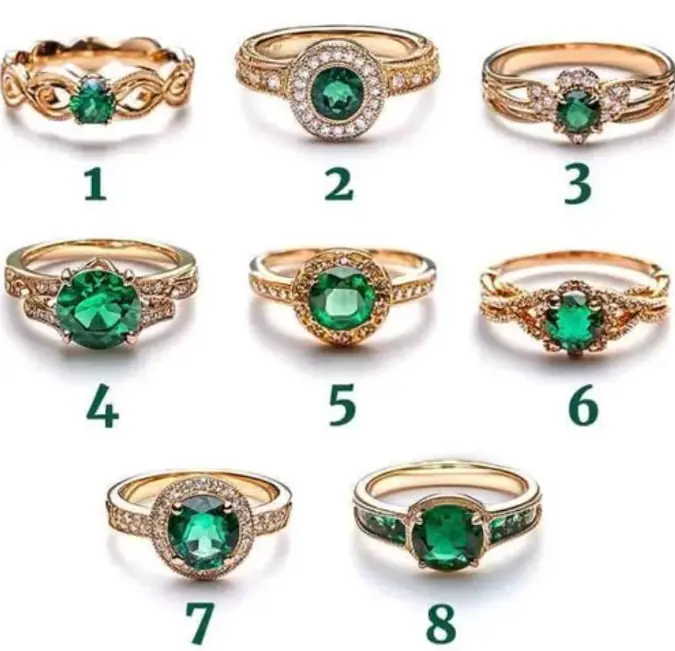
The ring you pick will reveal your truest trait
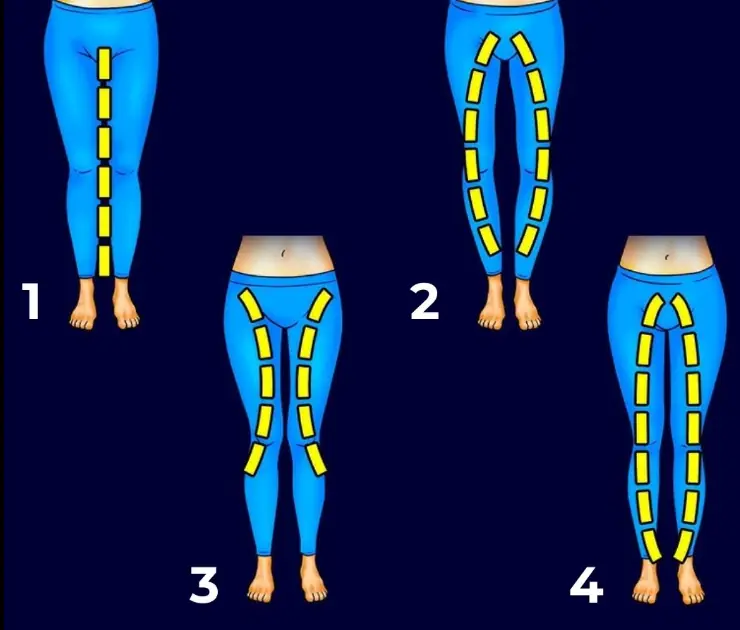
What your leg shape might reveal about your personality?
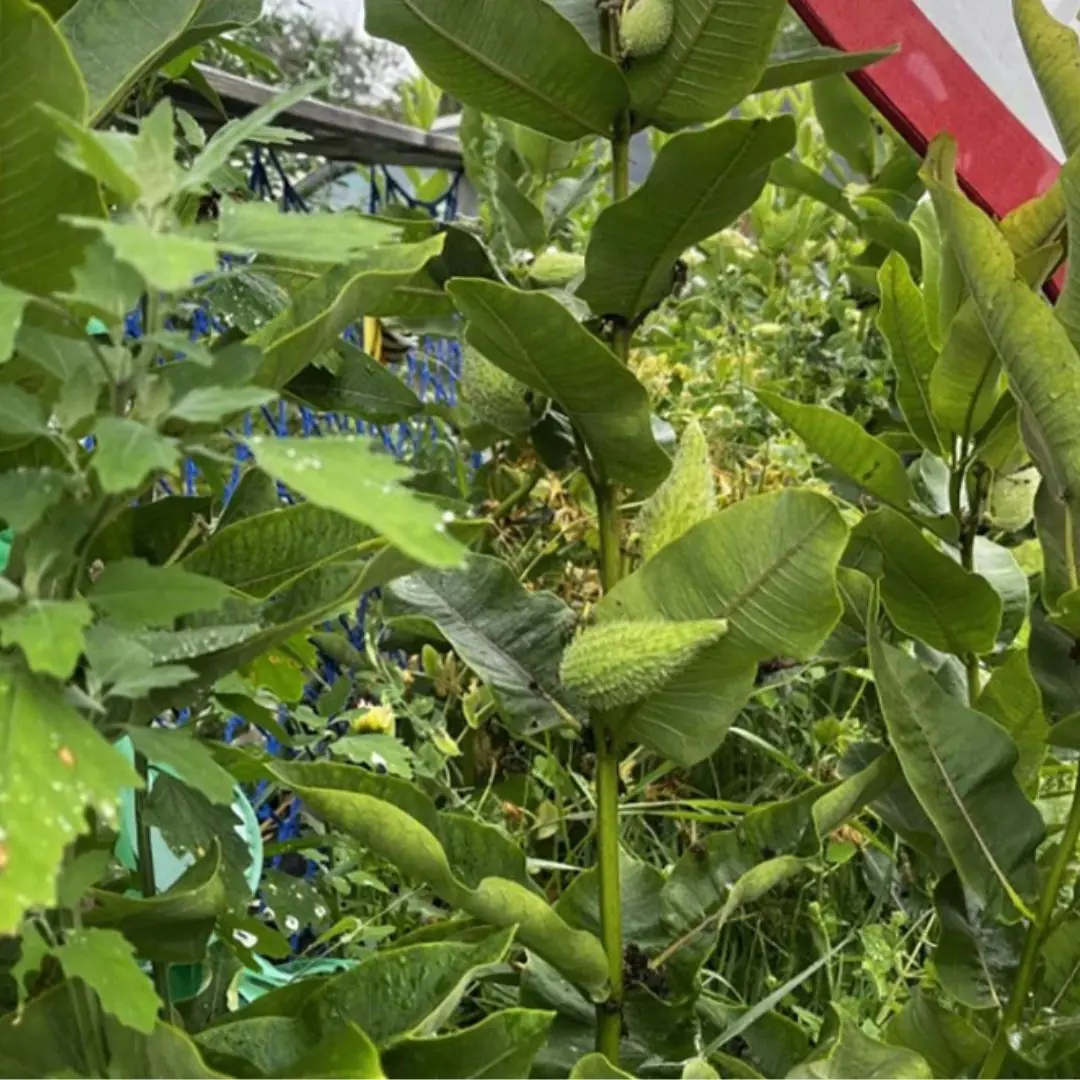
Most of you can't find the frog hiding in the picture, what about you?

Son took his mother to a nursing home and only visited her from time to time
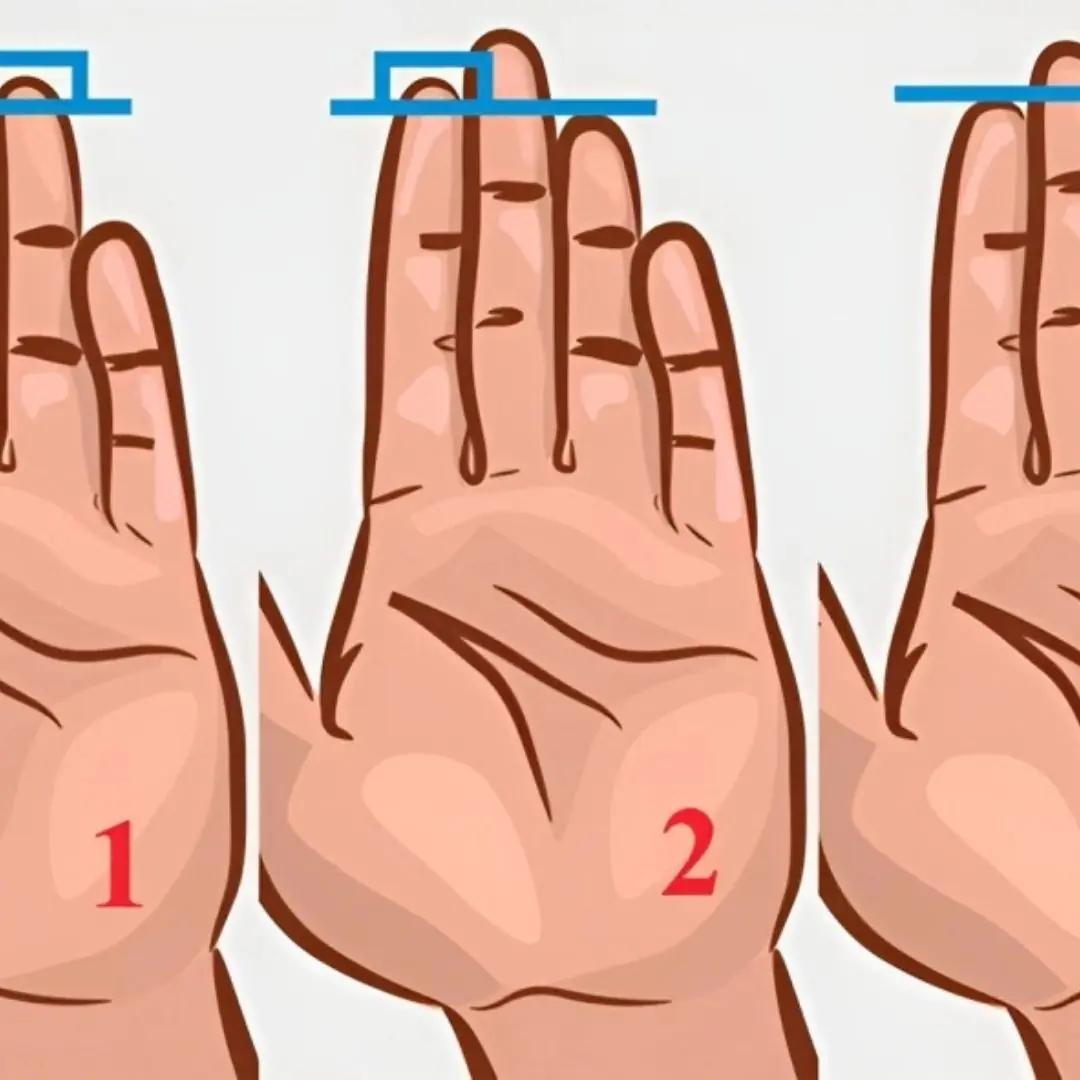
Ring Finger Length Reveals Interesting Personality Traits

What is the total weig.ht of the 3 animals?
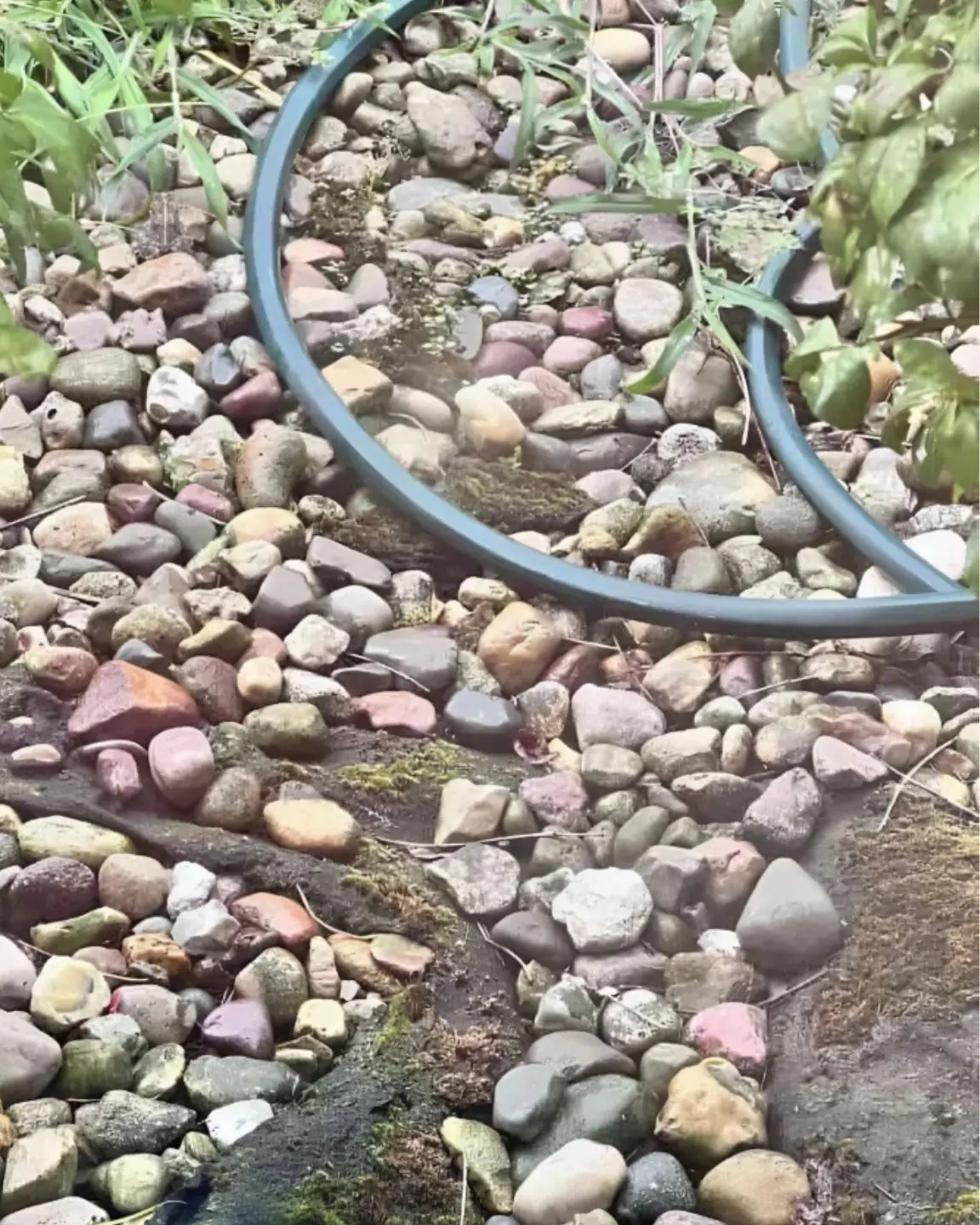
You only have 5 seconds! Where is the frog hiding, do you see?
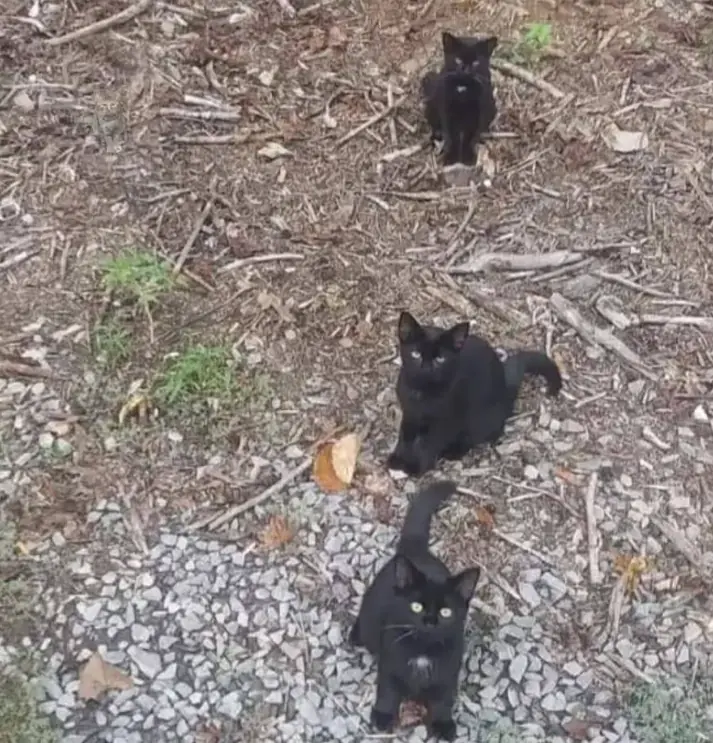
Where is the 4th cat?

Squint your eyes and guess what animals are hiding behind these illusions
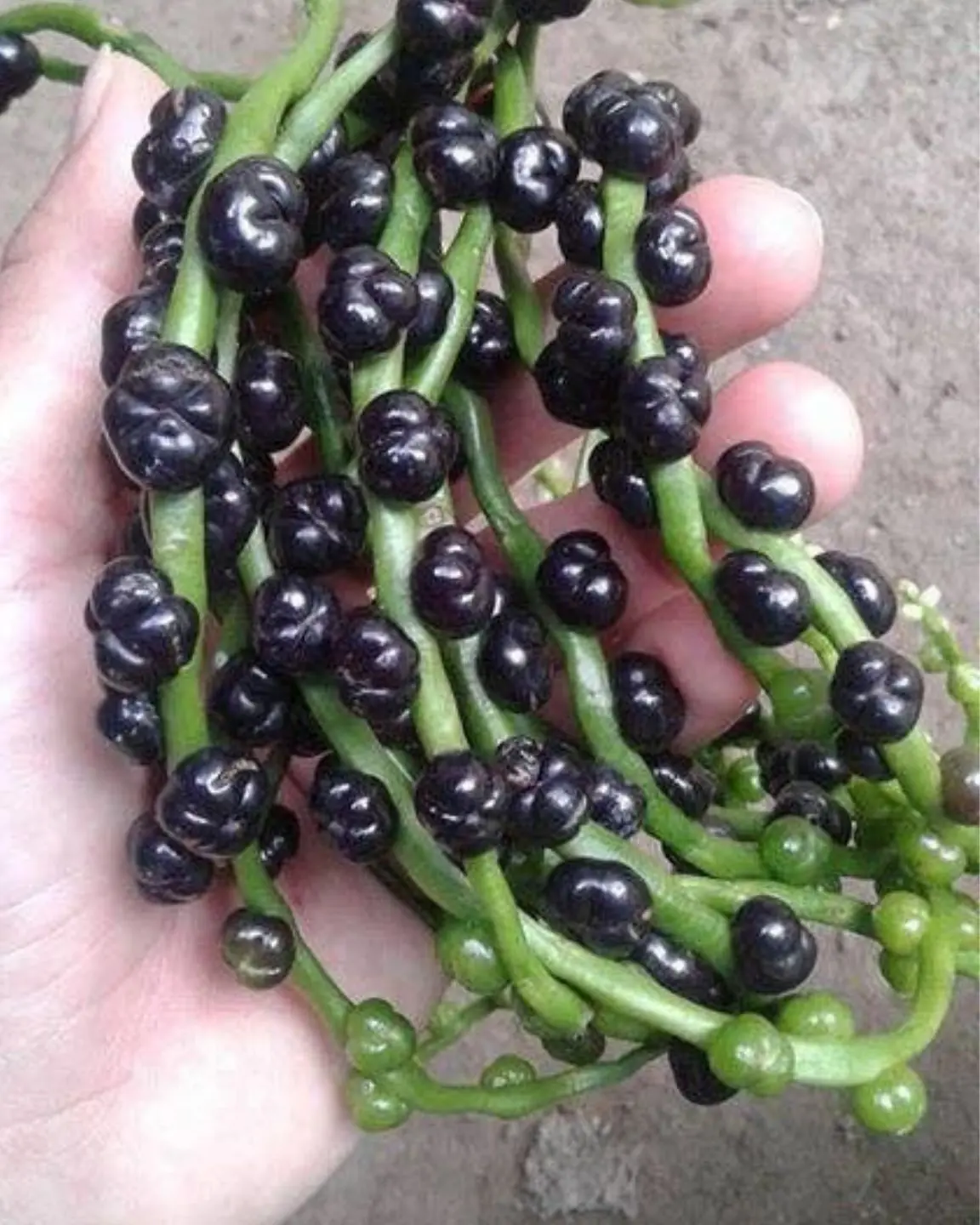
Only 1% of people guess correctly this fruit associated with childhood – are you one of them?
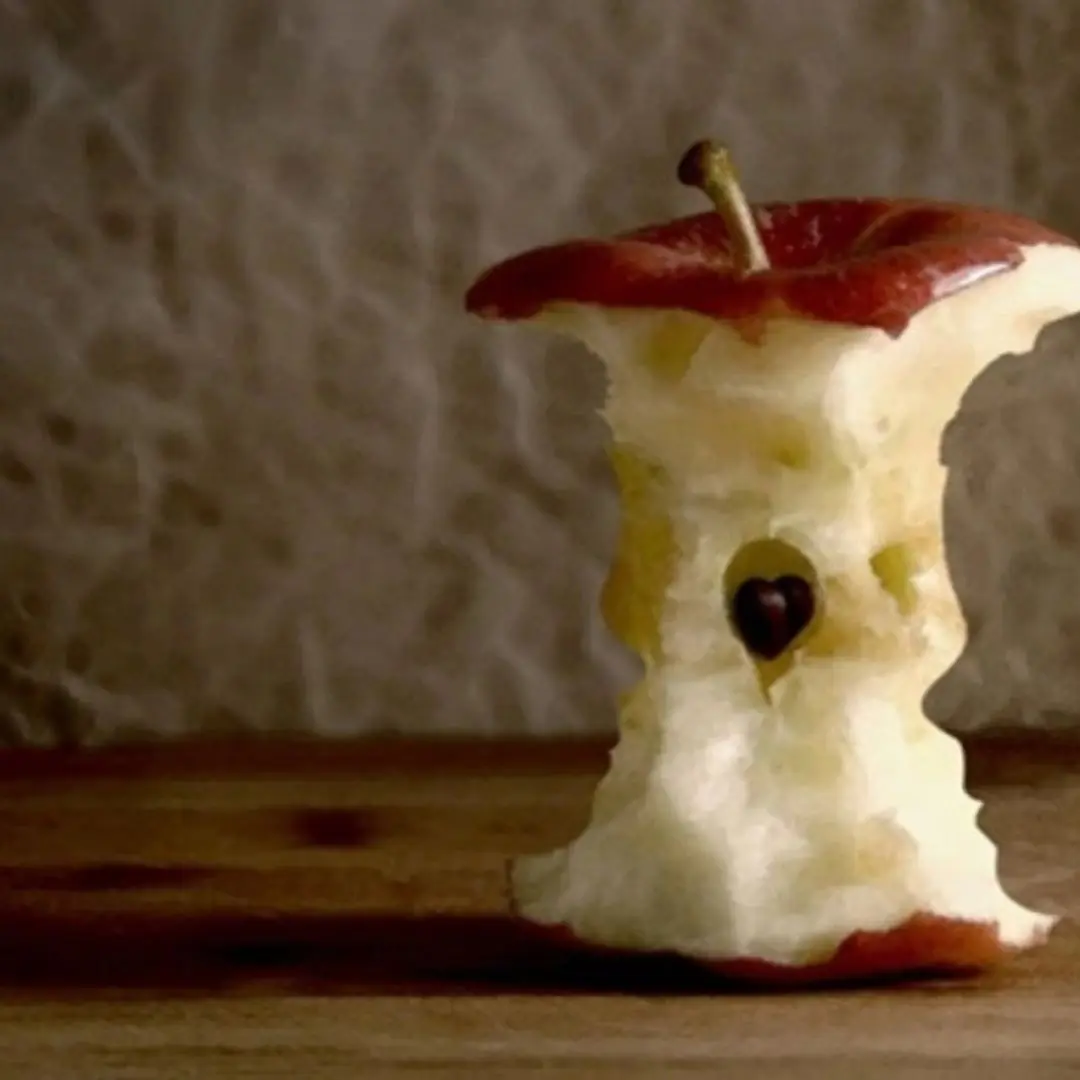
Can you spot the two ch.il.dren hidden in the picture?
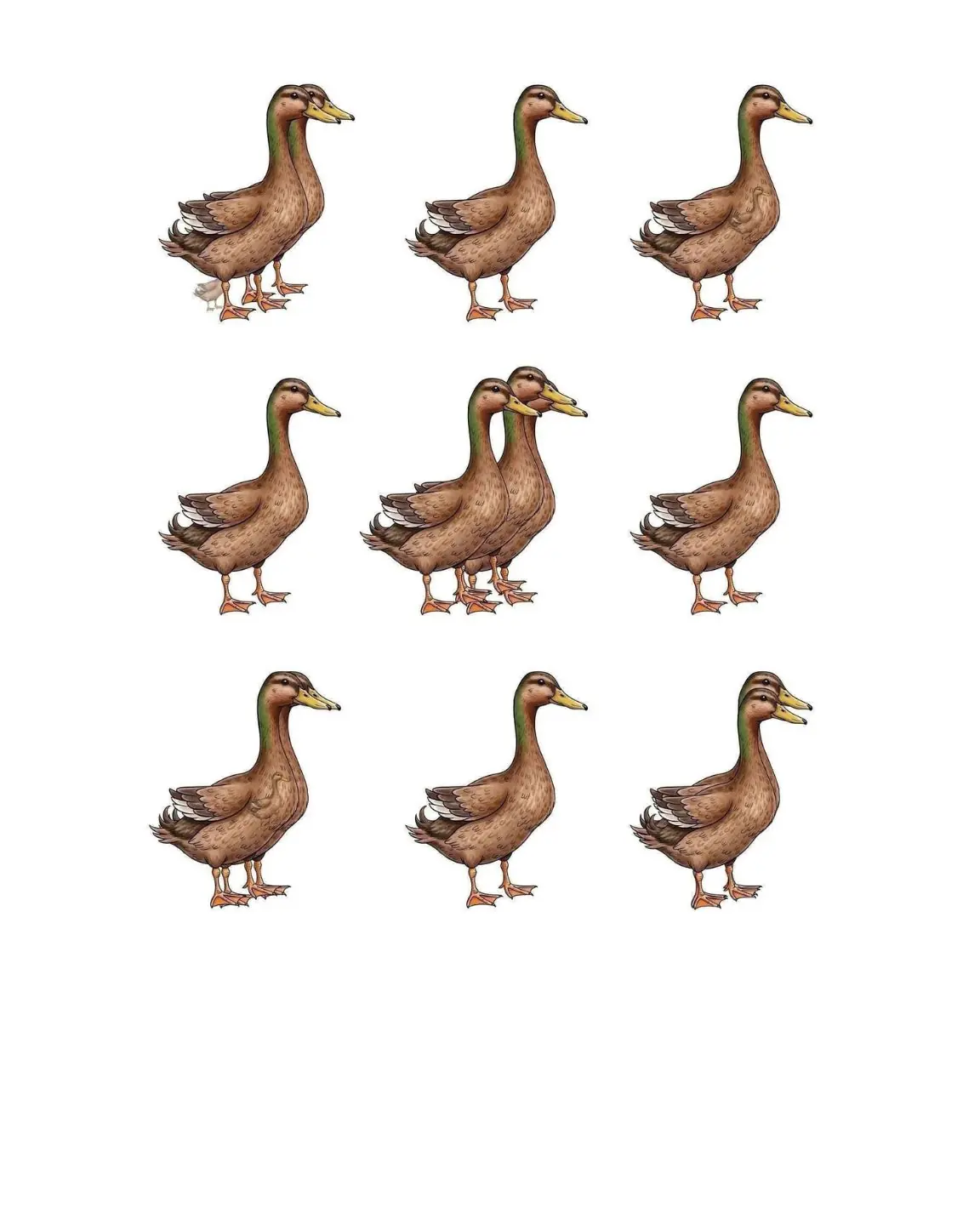
I spotted 10 ducks—did you get the same number?

Look at the shape of your nose to predict your destiny and fortune for life

Only people with outstanding thinking can find the answer!
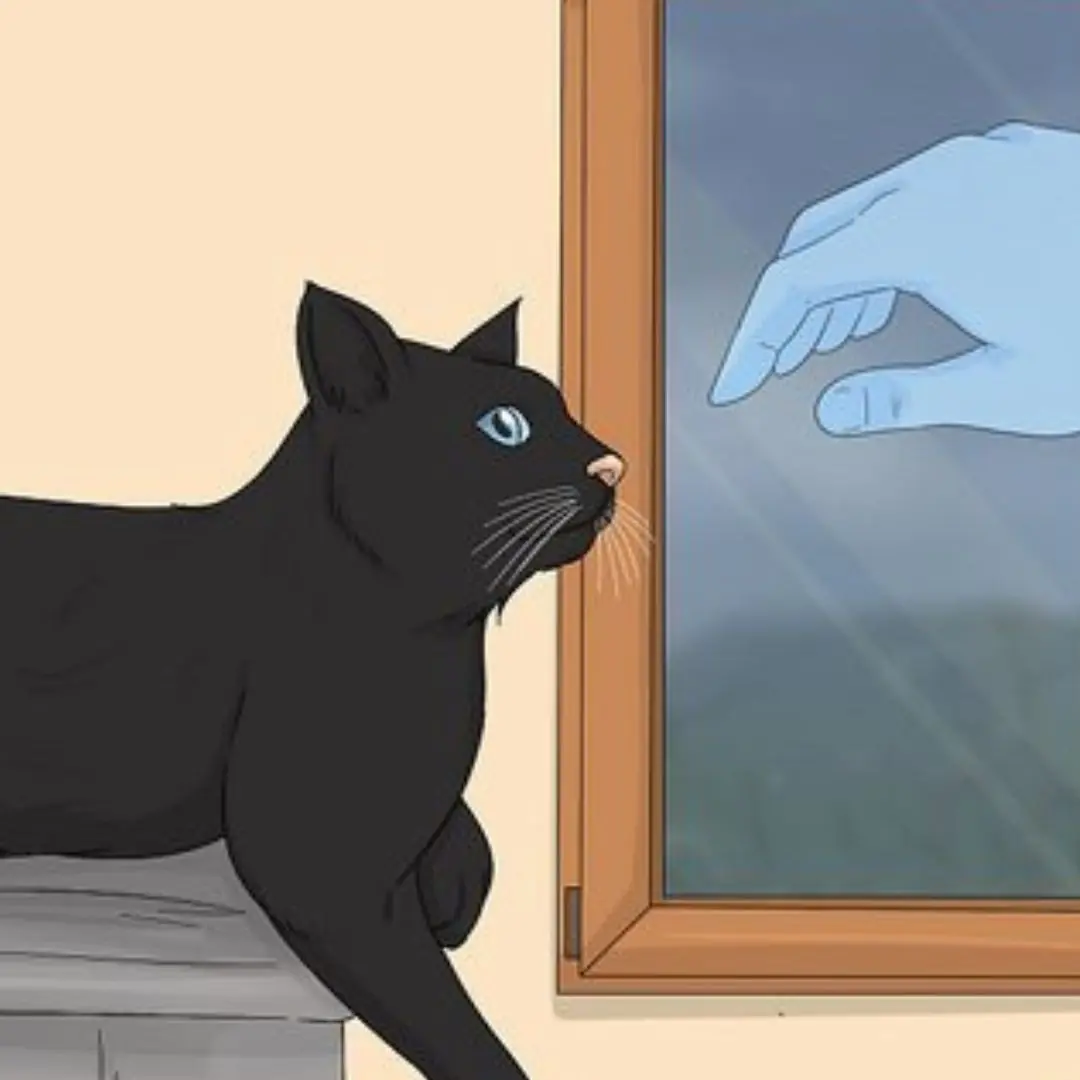
What Is the Spiritual Significance of a Black Cat?
News Post
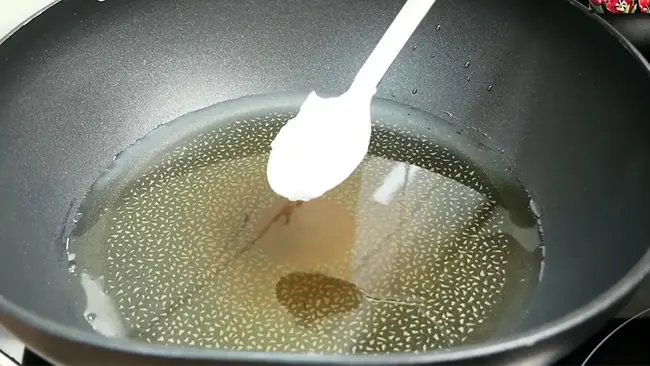
90% of women don’t know this trick: Add this one thing to the pan and you can fry “everything” without worrying about oil splattering!

Top Hospitals Issue Stark Warning: This Common Meat May Be “Feeding” Can.cer — Just 50 Grams a Day Raises De.ath Risk by 18%

Black Beans and Black Sesame: The Ancient Pair That “Cleans by Day, Restores by Night” — Yet Most People Use It Wrong
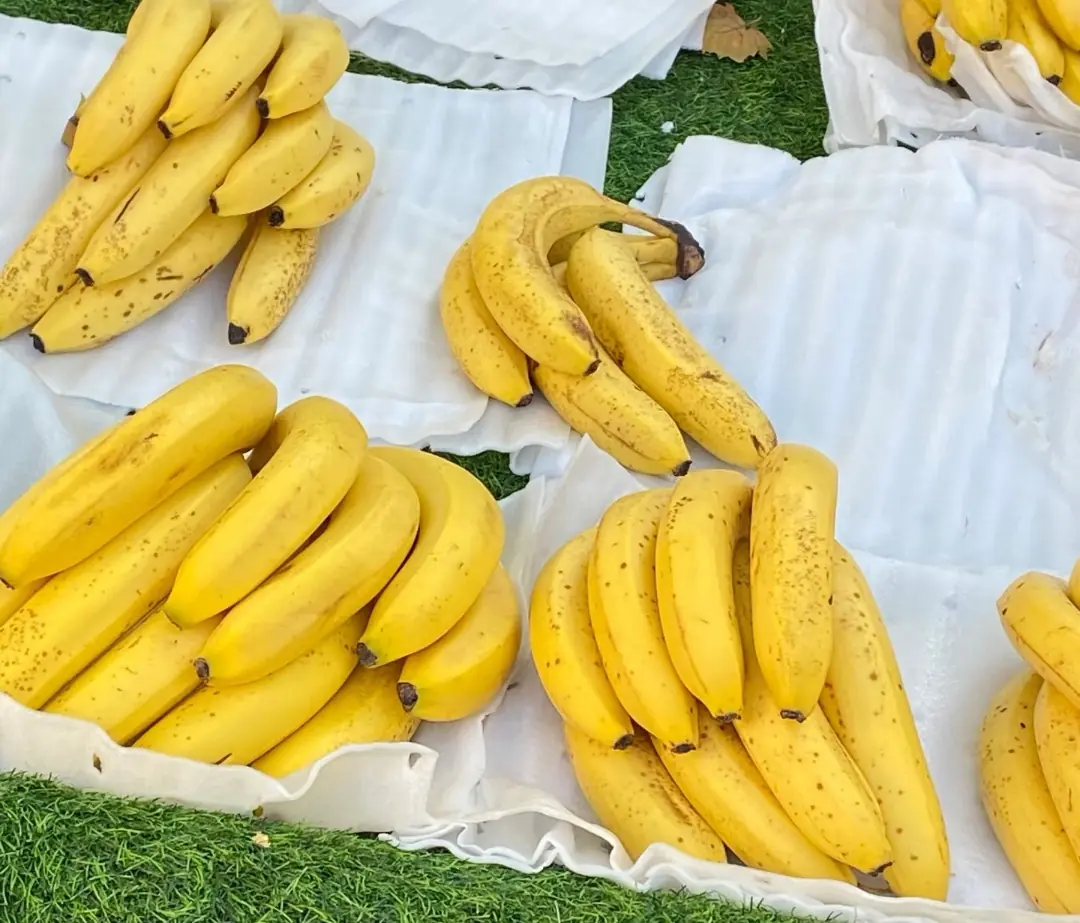
When Buying Bananas, Just Say These 3 Words — Sellers Will Think You’re an Expert and Won’t Dare to Cheat You

The Real Causes of Constant Phlegm and Mucus in Throat — And How to Get Rid of It

3 Signs Your Parent May Be Nearing the End of Life — How to Prepare for What’s Ahead

Why you keep waking up with dry mouth—and what it may be telling you

So this is what it does, here is the answer

If You Keep Waking Up at 3AM, The Universe Might Be Trying to Tell You Something

These sudden purple patches on my arms won’t stop appearing, and my doctor is booked until January. What’s happening?

The Hidden Meaning Behind Thumb Rings for Women vs. Men
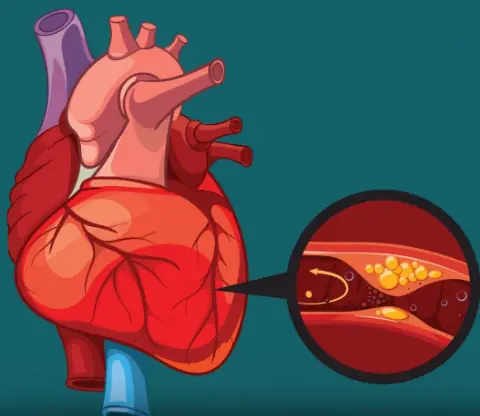
The Best Foods to Cleanse and Prevent Clogged Arteries
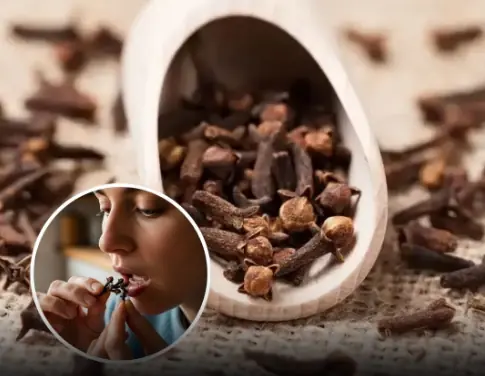
The Ultimate Guide to Cloves: Benefits, Uses, and How They Work

Top 10 Foods to Control Diabetes

90% of Cerebral Infarction Patients Did These 3 Things in the 3 Days Before a Stroke — Chances Are You’re Doing the Second One Right Now

PAN-SEARED WHITE FISH WITH GARLIC CHILI BUTTER

🩺 If Your Kidneys Are in Danger, Your Body Will Warn You With These 8 Signs
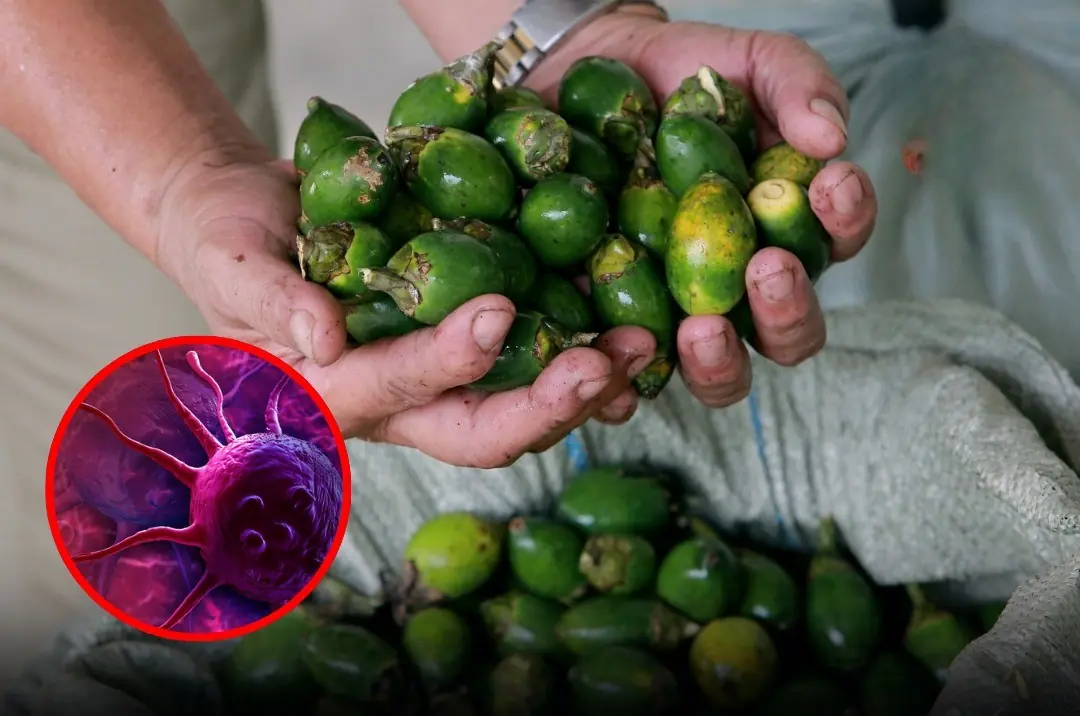
You might be eating these every day — and not know the dang:ers

Watch out – this sign could be an early warning!
